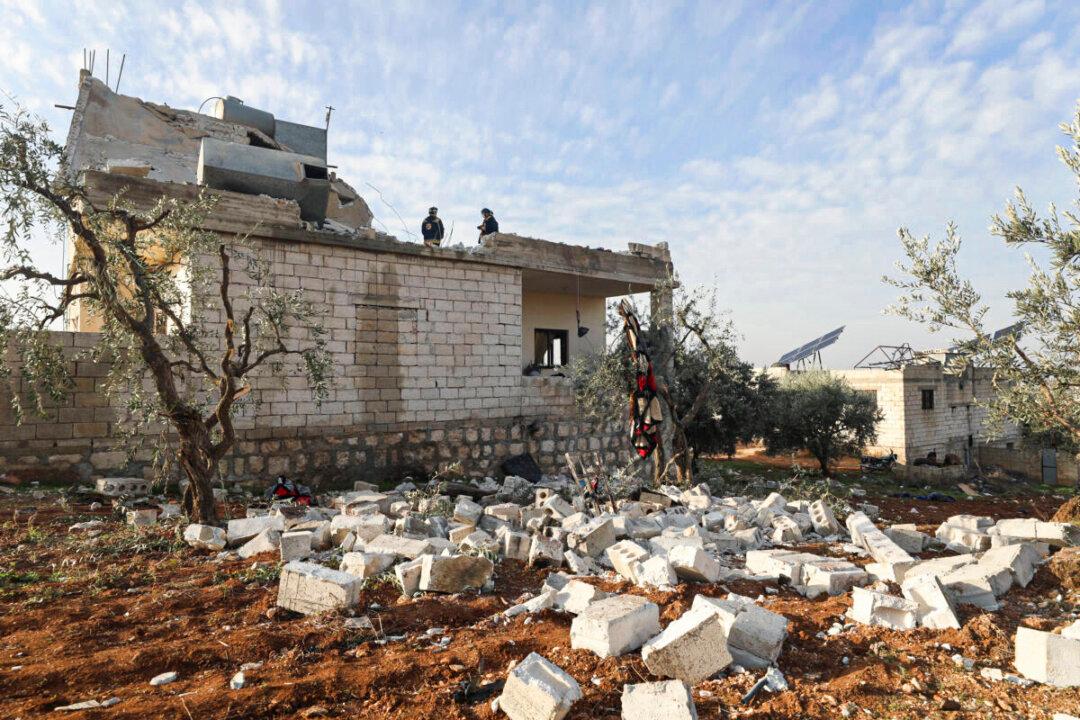Australian Sen. Jim Molan, a former army general, has said the death of Abu Ibrahim al-Hashimi al-Qurayshi is a reminder that, amid the threats posed by China and Russia towards Taiwan and Ukraine, the threat of ISIS “did not go away.”
Molan praised the United States for their operation in northwest Syria on Feb. 3 that targeted and resulted in the death of al-Qurayshi, who had been the leader of ISIS since 2019.





